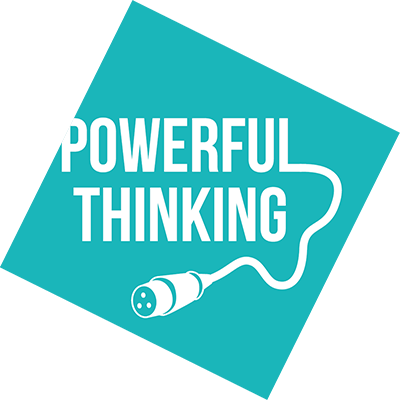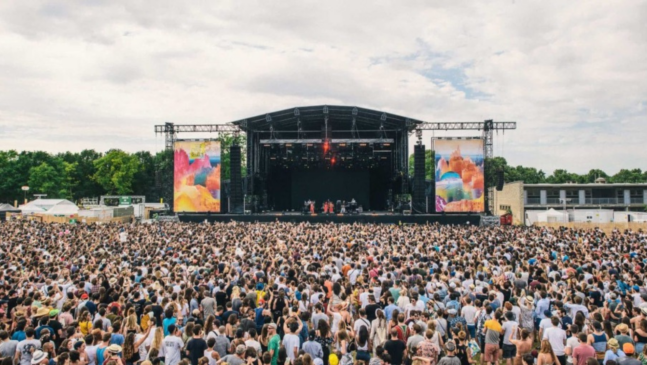Ahead of the summer event season, Powerful Thinking’s Chair, Tim Benson takes us through five key stages to take when co-creating an efficient event power management plan with your event power contractor. Starting with pre-production and gathering advance power information, through site planning, onsite power monitoring and efficiency to post event reporting:
1/ Power Advancing
Make it clear to your power contractor that you require them to engage with all your suppliers in the pre-production phase of the show to accurately assess their power and energy requirements. Let your suppliers know this too, so they can prepare the necessary information in a timely manner. Time and effort spent on this phase of the event can reap huge rewards, both in fuel consumption and emissions reductions.
2/ Site Planning
Involve your power contractor before you finalise your site plans. Ask them for recommendations on creating power zones, i.e. multiple areas supplied from a single generator and/or battery farm. Discuss how you can group site applications and infrastructure that require overnight power and explore integrating hybrid systems.
3/ Monitoring
Monitoring services should be agreed in advance. Discuss with your power contractor what kind of monitoring hardware they are going to supply, e.g. on board generator telemetry to assess fuel efficiency or monitoring at a distribution level for a more in depth evaluation of how and where power is being consumed. Be realistic about what you are going to monitor, both in terms of its management and costs, and target areas where you think you can make quick wins.
4/ Onsite Interventions
Once the show is up and running, there’s still scope for improving efficiency. Where telemetry data is available, this should be constantly reviewed and system configurations tweaked to accommodate unexpected changes in load profiles. Proactive power contractors, who constantly review their own practices, can make ongoing improvements throughout the full lifecycle of the event.
5/ Reporting
Understanding the data supplied by your power contractor is key, so agree prior to the event what metrics you want recorded, e.g. peak power (kW), energy consumption (kWh) and fuel usage by generator (litres). Reports that include trending graphs showing power and energy usage over time are far more helpful and intelligible than tables or spreadsheets of endless figures. Meet with your power contractor post-show and ask them to talk you through this data. Discuss what the key learnings are work together to shape these into improvement strategies for future iterations of your show.
Photo Credit: We Love Green Festival, France
This guest blog originally appeared in the March 2023 Vision: 2025 newsletter. Sign up to receive monthly event sustainability news, case studies and guest blogs direct to your inbox www.vision2025.org.uk
Tim Benson is Chair & Project Lead for Powerful Thinking, the outdoor events sustainable energy working group, & also sits on the Live Green sustainability working group. He has contributed content for a wide range of industry papers and is the author of the energy chapter in the Show Must Go Report. He is also the Founder/Production Director of Smart Power Ltd & Technical Director at ZAP Concepts UK & Ireland.

